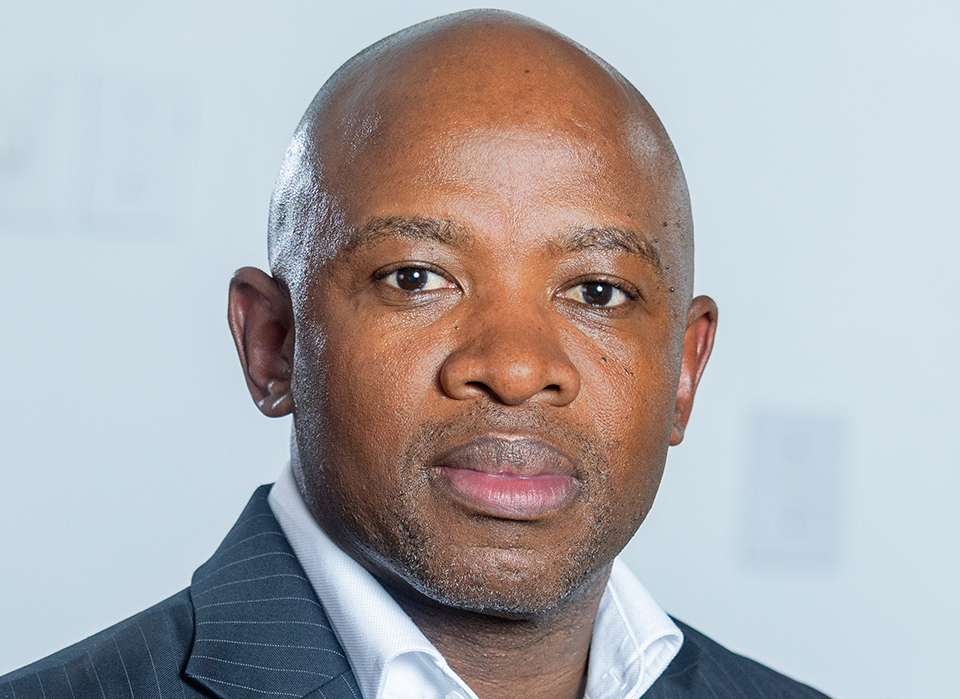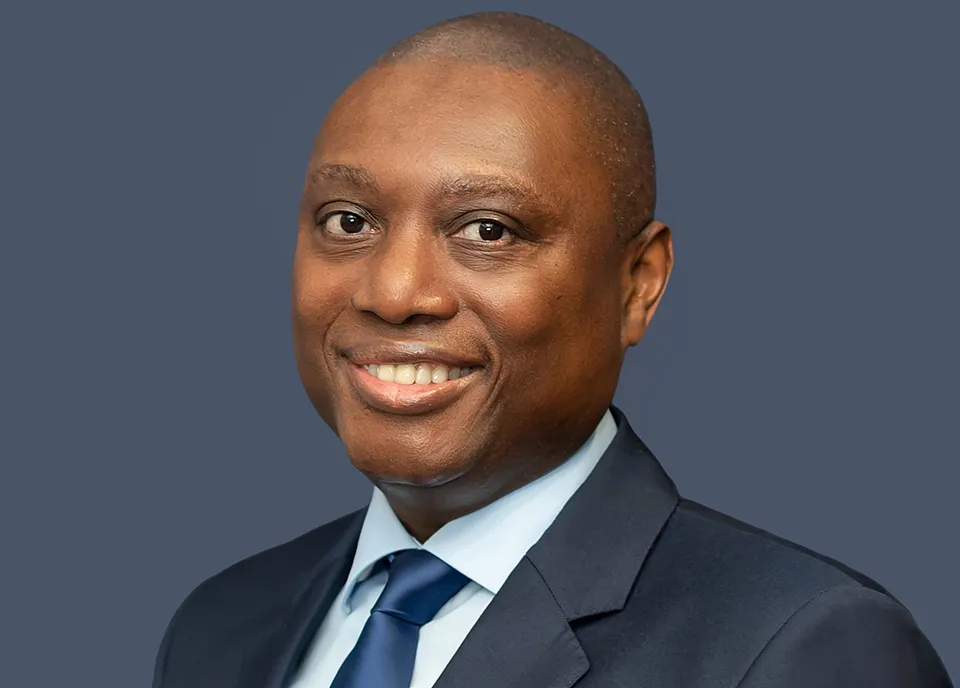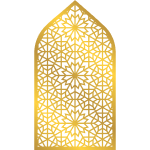Standard Bank

Corporate banking
South Africa’s best transaction bank 2025: Standard Bank

Transaction Banking Awards
Corporate banking
South Africa’s best sustainable transaction banking deal 2025: Standard Bank

Transaction Banking Awards


Africa’s best bank 2025: Standard Bank

Awards for Excellence

Africa’s best investment bank 2025: Standard Bank

Awards for Excellence
Africa’s best investment bank for ECM 2025: Standard Bank

Awards for Excellence
Africa’s best bank for large corporates 2025: Standard Bank South Africa

Awards for Excellence
Africa’s best Islamic bank 2025: Standard Bank Shari’ah Banking

Islamic Finance awards



Private banking
Africa’s best for family-office services 2025: Standard Bank Wealth and Investment

PB awards
